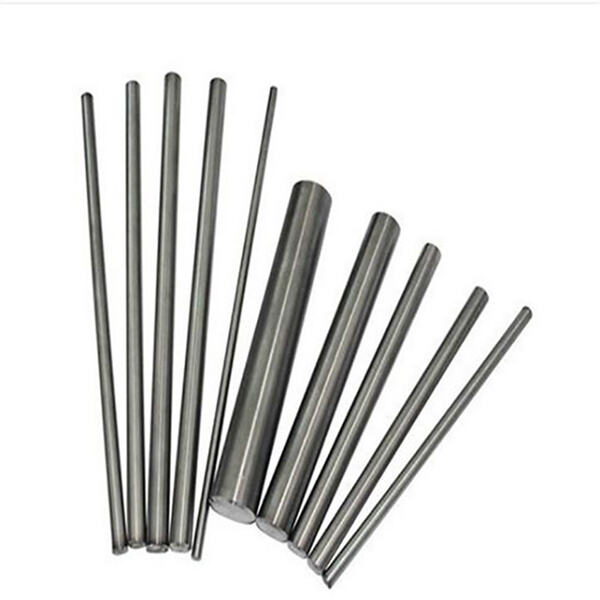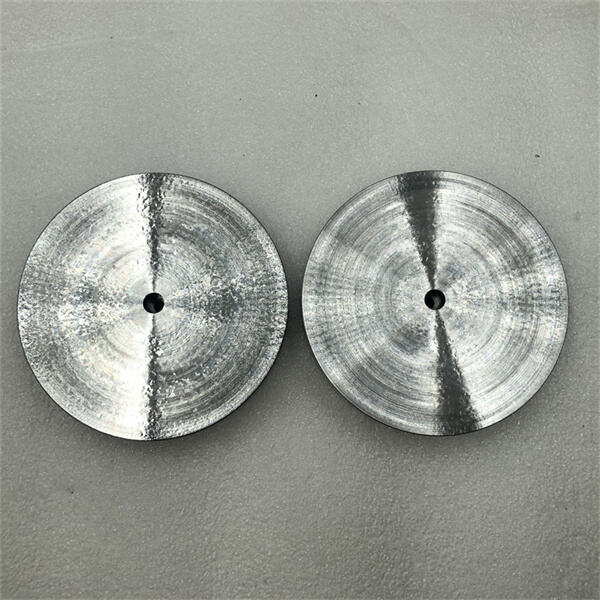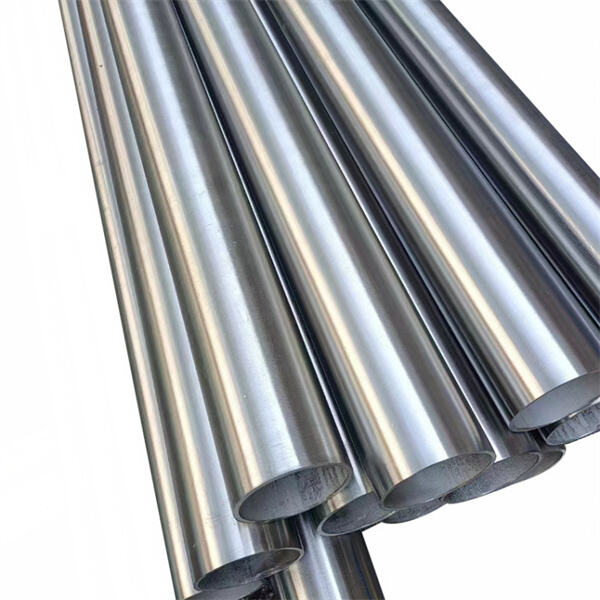I loved nickel! It’s a super cool metal that can be used to perform a lot of really awesome functions! One such use of nickel is in the production of special blends known as nickel-based alloys. These are very valuable alloys and are used in many areas, including airplanes and factories. Why are nickel-based materials so awesome?
Nickel-based alloys are fabricated by mixing nickel with other metals such as chromium and iron. This creates a strong, sturdy material that can withstand high heat and resist rust. They’re so handy, in fact, that there are countless applications for nickel-based alloys. They are used to make pipes and tools, and play a large role across a variety of industries.
Advantages and Disadvantages There are a number of advantages with nickel-based in industrial applications. One major advantage is that nickel-based alloys are malleable and can be reformed into different shapes, without breaking. They are also extremely heat- and chemical-resistant, which makes them great for heavy-duty work. What’s more, such materials have a long shelf life, which could help save companies money down the line.

products are widely used in the industries. Nickel-based alloys in the aerospace sector contribute to aircraft engines, turbines and other crucial components. These alloys can handle extreme temperatures and pressure, qualities that make them great for flying. In factories, strong tools and parts are made from nickel-based materials. These, along with other uses, make nickel-based products a vital part of keeping the world working without a hitch.

Nickel-based alloys are indispensable for modern products for several reasons. One reason is that they are resistant to rust and corrosion, unlike the air. It all makes them ideal for harsh environments. Nickel-based alloys are also incredibly strong and resistant to high temperatures, so they’re great for casting and forging. Factories are able to produce top-notch goods that endure using these materials.

In the aerospace world, nickel-based alloys are redefining the way we fly. These materials make parts that are lightweight but durable and tough, capable of withstanding the rigors of flying in the sky. Concerning engines built of materials containing nickel also that such engines use less fuel and travel further distances. Nickel doesn't just make airplanes fly better — it makes them safer and more reliable.